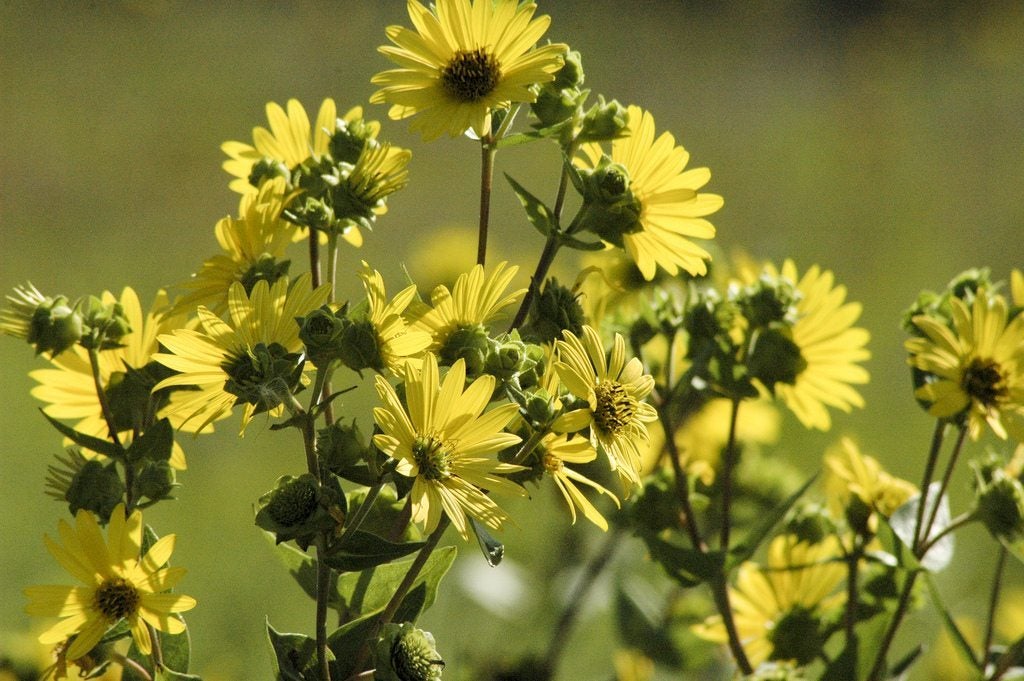What Is Rosinweed: Should You Grow Rosinweed In Gardens


Sign up for the Gardening Know How newsletter today and receive a free copy of our e-book "How to Grow Delicious Tomatoes".
You are now subscribed
Your newsletter sign-up was successful
What is rosinweed? A sunflower-like wildflower, rosinweed (Silphium integrifolium) is named for the sticky sap that oozes from cut or broken stems. This cheery plant is a member of the Asteraceae family, along with daisies, mums, sunflowers, marigolds, and dandelions. Growing rosinweed plants couldn’t be easier. Read on to learn about growing rosinweed in gardens.
Is Rosinweed a Weed?
Rosinweed is an aggressive plant that spreads by seed, and to a lesser degree, by underground rhizomes. The plant shouldn’t be planted with smaller, less vibrant plants, but will do well where it has room to spread, such as a wildflower garden, prairie, meadow, or other area where it can naturalize freely.
Rosinweed Plant Information
Native to much of North America, rosinweed is hardy and drought tolerant, thanks to its long, sturdy root that taps into moisture deep in the soil. Look for bright yellow flowers to appear from mid-summer to fall. Rosinweed in gardens attracts a number of beneficial pollinators and is also appreciated by birds and butterflies. Although rosinweed may reach heights of 6 feet (2 m.), growth usually tops out at 2 to 3 feet (1 m.).
Growing Rosinweed Plants
Rosinweed thrives in average, well-drained soil but tolerates difficult conditions, including sand, gravel, and clay. Although partial shade is acceptable, you’ll see more blooms when the plant is exposed to full sunlight. Be patient when growing rosinweed plants from seed, as it may take time for the plants to fully establish, but once established, plants grow quickly. Thanks to its sturdy stems, rosinweed rarely flops over and seldom needs support.
Tips on Rosinweed Care
Water rosinweed regularly until roots are established. Thereafter, the plant requires little moisture. Don’t bother with fertilizer unless your soil is very poor or growth is slow. If this is the case, apply a light dose of a balanced fertilizer in spring. Once rosinweed is established, it’s best to leave it undisturbed. Plants with long taproots usually don’t tolerate division. Rosinweed is rarely bothered by pests or disease.
Sign up for the Gardening Know How newsletter today and receive a free copy of our e-book "How to Grow Delicious Tomatoes".

A Credentialed Garden Writer, Mary H. Dyer was with Gardening Know How in the very beginning, publishing articles as early as 2007.